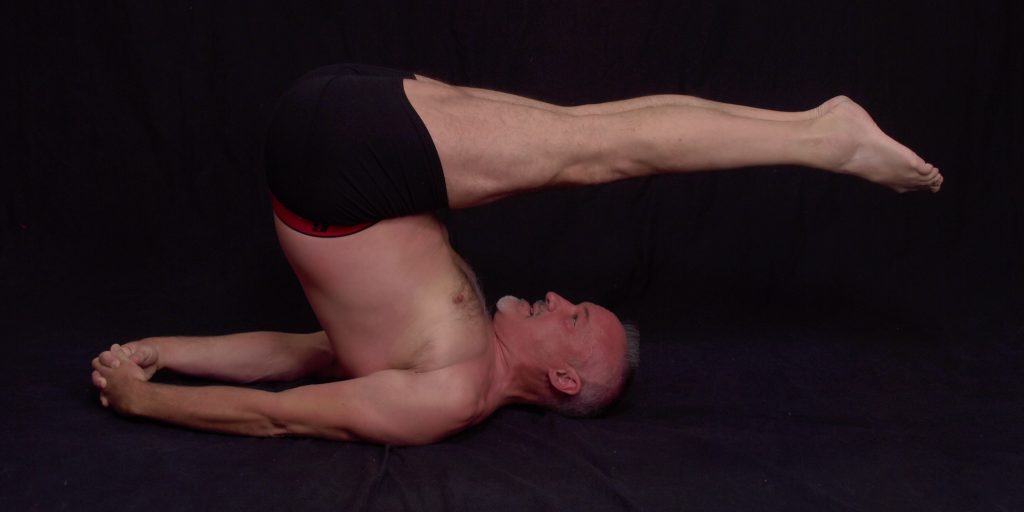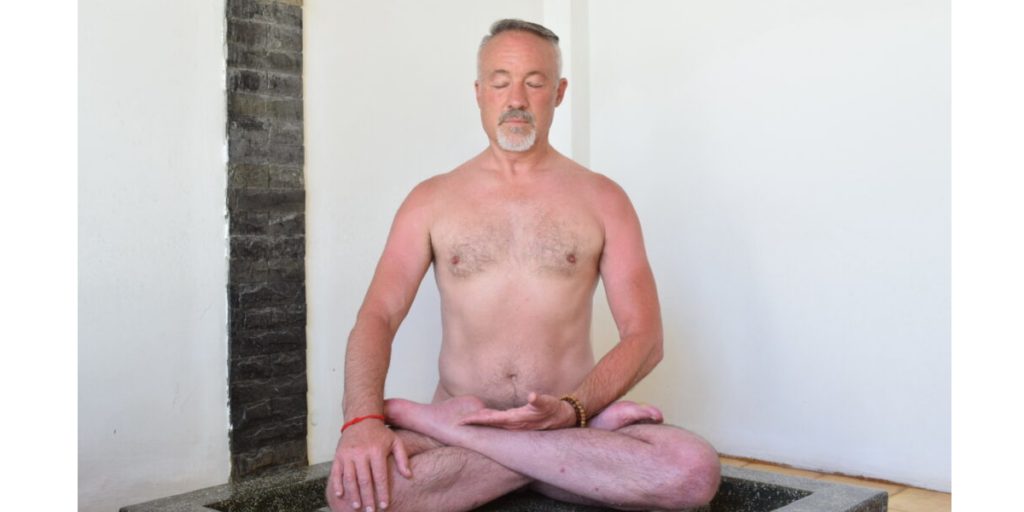Fractures Between Yoga Instructors

What is causing the yoga teacher community to be so fractured?
Yoga is a practice that has many benefits for the body, mind, and spirit. It is also a practice that has many traditions, styles, and approaches. However, in recent years, there has been a growing sense of division and conflict among yoga teachers and practitioners. What is causing this fracture in the yoga community?
Some possible factors are:
- The commercialization of yoga. Yoga has become a billion-dollar industry, with many businesses competing for customers and profits. This can create pressure on yoga teachers to market themselves, attract students, and stand out from the crowd. It can also create a sense of scarcity and insecurity among yoga teachers who may feel threatened by other teachers or styles of yoga. For example, some yoga teachers may feel resentful of others who charge higher fees, have more followers, or offer online classes.
- The lack of regulation and standards. Yoga is not regulated by any official body or authority, which means that anyone can call themselves a yoga teacher and offer classes or trainings. This can lead to confusion and inconsistency in the quality and content of yoga education and practice. It can also create a lack of trust and respect among yoga teachers who may question each other’s credentials, qualifications, or authenticity. For example, some yoga teachers may feel frustrated by others who teach without proper training, certification, or insurance.
- The diversity and complexity of yoga. Yoga is a vast and rich tradition that encompasses many aspects of philosophy, spirituality, culture, history, and science. It is also a dynamic and evolving practice that adapts to different contexts, needs, and preferences. This can create challenges for yoga teachers who may struggle to balance tradition and innovation, personal expression and collective wisdom, individuality and unity. For example, some yoga teachers may feel conflicted by others who teach different styles, methods, or interpretations of yoga.
- The social and political issues of our time. Yoga is not separate from the world we live in, which is facing many challenges and conflicts on various levels: environmental, economic, racial, gender-based, etc. Yoga teachers may have different opinions, values, and perspectives on these issues, which can affect their teaching style, content, and audience. They may also face criticism or backlash from others who disagree with them or question their role as yoga teachers. For example, some yoga teachers may feel attacked by others who accuse them of cultural appropriation, elitism, or bias.
These are some of the possible causes of the fracture in the yoga community. However, they are not insurmountable obstacles or reasons to give up on yoga. Rather, they are opportunities for dialogue, learning, growth, and healing. Yoga teaches us to embrace diversity, practice compassion, seek truth, and cultivate peace. By applying these principles to ourselves and others, we can foster a more harmonious and supportive yoga community.





